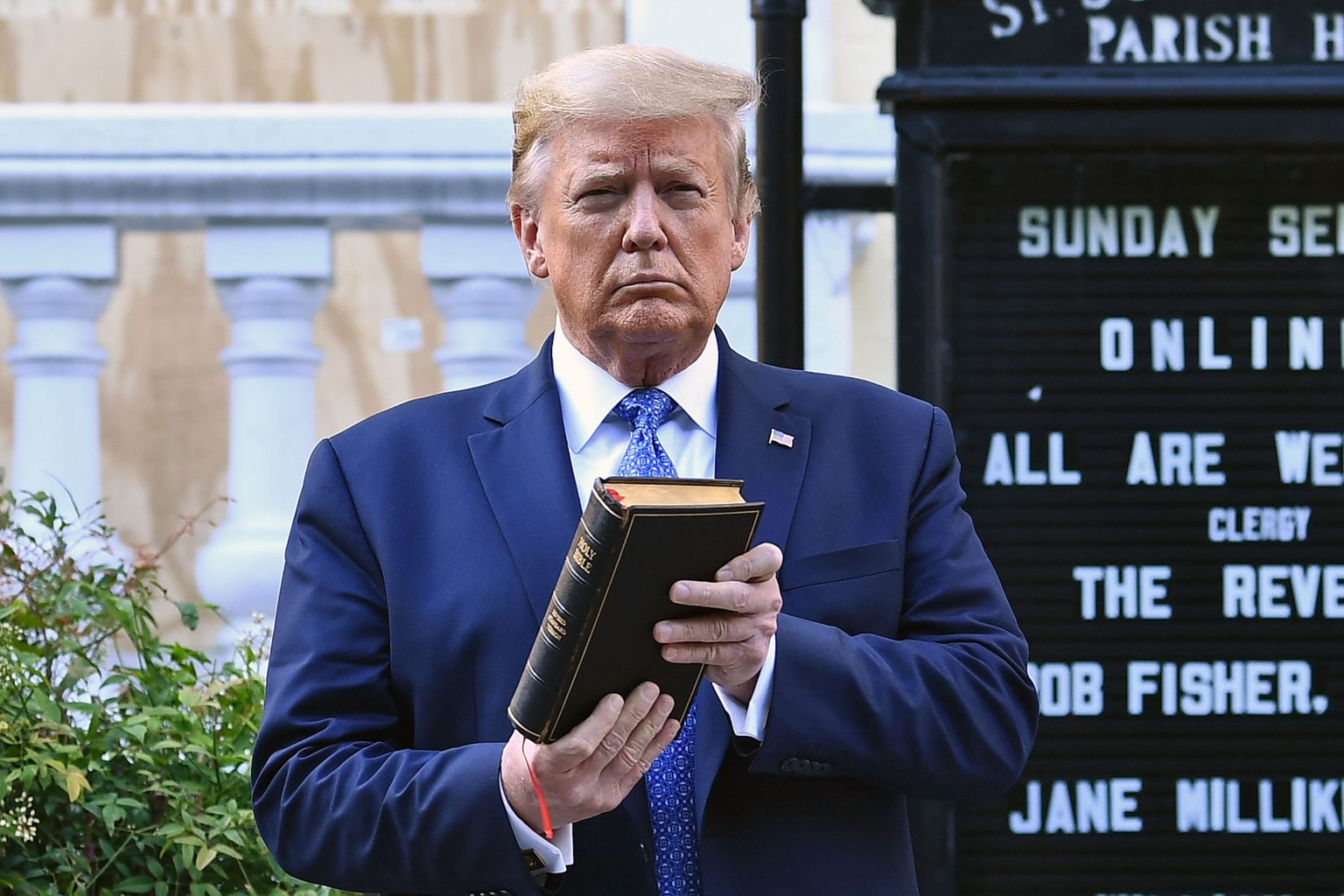Cardinal Robert McElroy’s appointment as the Archbishop of Washington has immediately ignited a debate on immigration policy, particularly regarding the potential for mass deportations under the incoming Trump administration. During his introductory press conference, McElroy unequivocally stated that mass deportations are “incompatible with Catholic doctrine,” setting the stage for a potential clash between the Church and the new administration. This declaration carries significant weight given the prominent position of the Washington archdiocese and the moral authority of the Catholic Church in the United States. McElroy’s statement aligns with the Church’s long-standing emphasis on the dignity of every human person, regardless of their immigration status, and its historical support for vulnerable populations. His remarks represent a direct challenge to the anticipated hardline immigration policies of the Trump administration, setting up a critical dialogue about the ethical and moral implications of such policies.
The context of McElroy’s statement is crucial. The incoming Trump administration has signaled its intent to prioritize mass deportations, a key promise during his campaign and a cornerstone of the Republican platform. Trump’s focus on removing undocumented immigrants, framed within a narrative of addressing crime, has raised concerns about the potential for widespread human rights violations and the separation of families. The Trump administration’s reported plan to revoke the policy protecting sensitive locations like churches, schools, and hospitals from ICE raids further exacerbates these concerns. This policy, established in 2011 and upheld by subsequent administrations, provided a degree of sanctuary for undocumented individuals and facilitated their access to essential services and community life. Its removal would significantly increase the vulnerability of these populations and create a climate of fear and uncertainty.
McElroy’s appointment to the Archdiocese of Washington, overseeing a diverse and significant Catholic population, places him at the forefront of this critical debate. Known for his progressive views and alignment with Pope Francis’s social justice teachings, McElroy’s appointment underscores the Vatican’s commitment to addressing social and political issues with a focus on compassion and human dignity. His position as a newly appointed Cardinal further amplifies his voice and influence within the Church and the wider public sphere. His appointment follows Cardinal Wilton Gregory, who also advocated for social justice issues during his tenure. This suggests a continuity of leadership in the archdiocese, emphasizing a commitment to advocating for vulnerable communities, including immigrants.
The potential conflict between the Church and the Trump administration on immigration policy raises fundamental questions about the role of religion in shaping public discourse and challenging government policies. McElroy’s statement reflects a broader tension between the moral imperatives of religious teachings and the political realities of immigration enforcement. The Church’s stance on immigration, rooted in the concept of welcoming the stranger and protecting the vulnerable, presents a powerful counter-narrative to the restrictive policies proposed by the Trump administration. This tension is likely to play out in public debates, legal challenges, and advocacy efforts in the coming years. The Catholic Church, with its vast network of parishes, schools, and social service organizations, is poised to play a significant role in supporting immigrant communities and advocating for humane immigration policies.
Public reactions to McElroy’s statement and the impending changes in immigration policy are varied. While some support stricter enforcement and see undocumented immigration as a threat to national security or economic stability, others emphasize the economic contributions of immigrants and the importance of family unity. Voices within immigrant communities, like that of Oscar Silva, a “Dreamer” interviewed by Newsweek, highlight the human impact of these policies. Silva’s concerns about the ethical, social, and emotional consequences of allowing ICE raids in sensitive locations reflect the anxieties and uncertainties faced by undocumented individuals and their families. The potential for increased enforcement activities in these spaces creates fear and distrust, disrupting community life and access to essential services.
The coming weeks and months will be crucial in determining the direction of immigration policy under the Trump administration and the response from the Catholic Church and other advocacy groups. The stage is set for a significant confrontation over the moral and ethical implications of mass deportations and stricter immigration enforcement. McElroy’s clear and public stance against these policies signifies the Church’s willingness to engage in this debate and defend the rights and dignity of immigrant communities. This engagement will likely involve advocacy efforts, legal challenges, and pastoral support for those affected by these policies. The intersection of religious principles, political agendas, and the human realities of immigration will continue to shape the national conversation on this complex issue.

